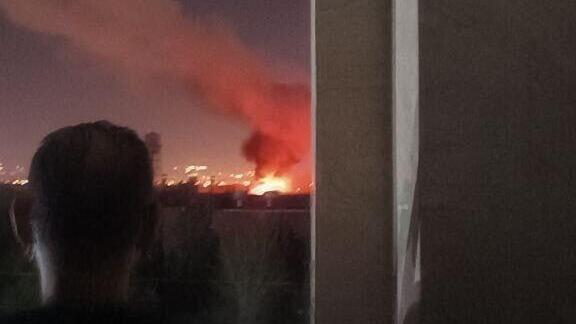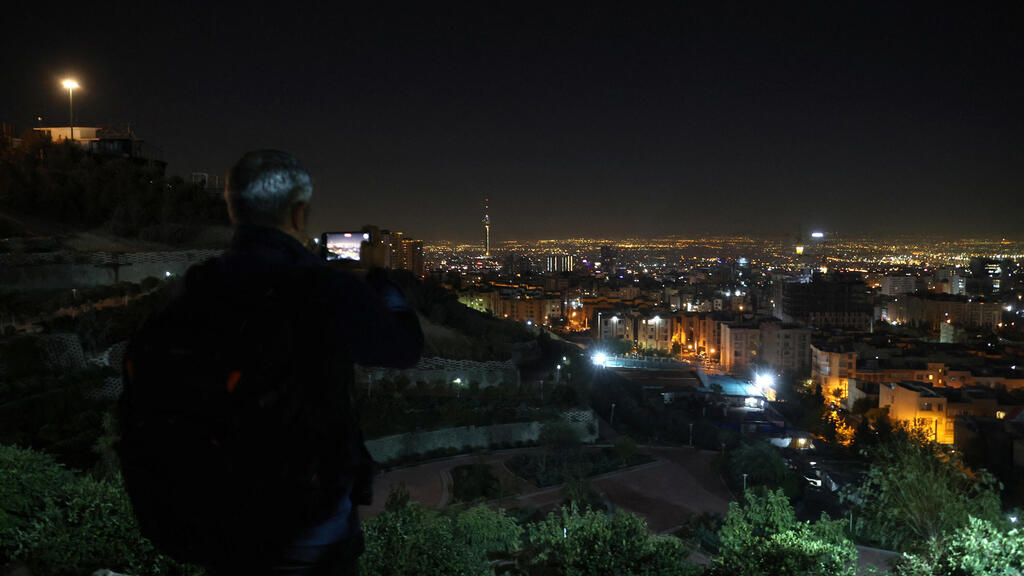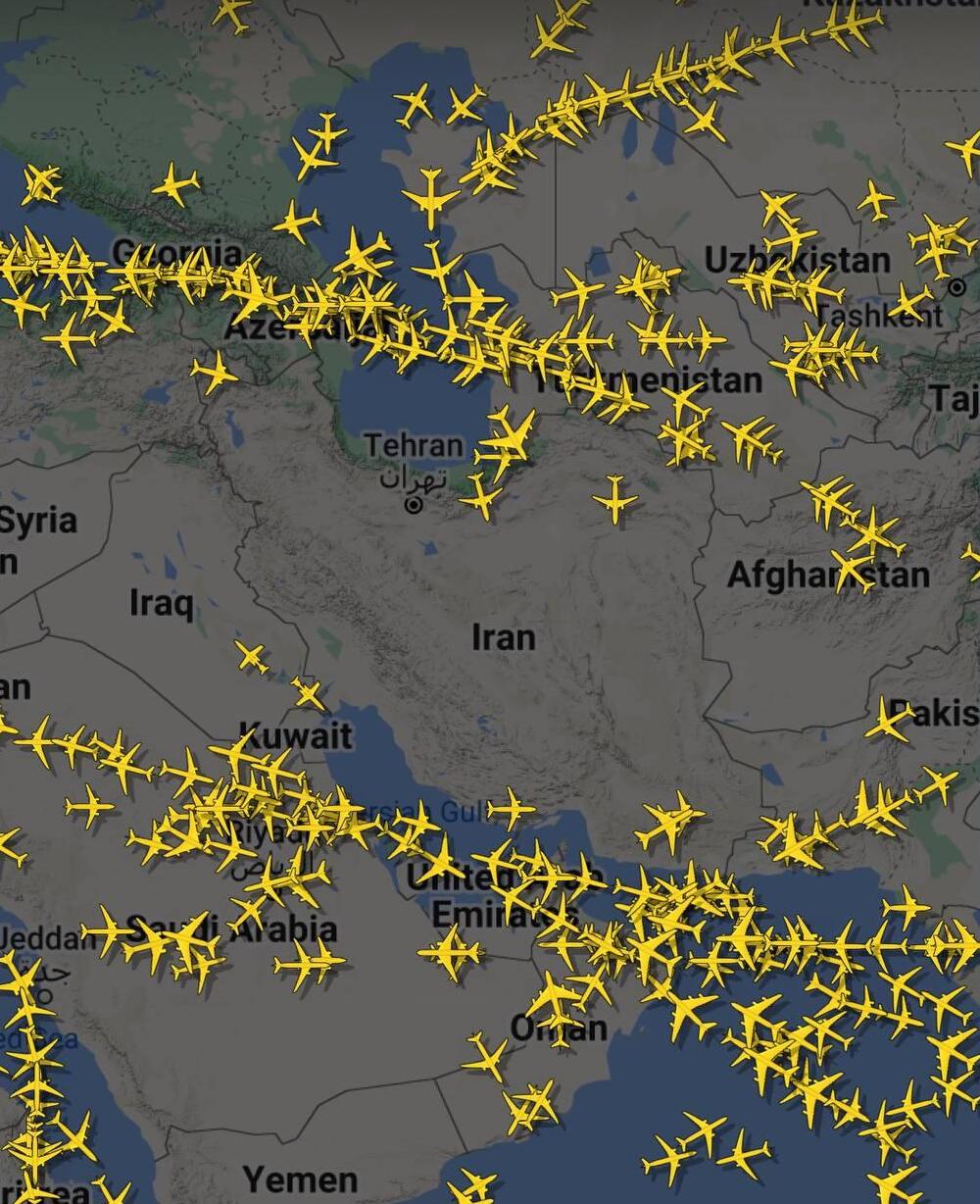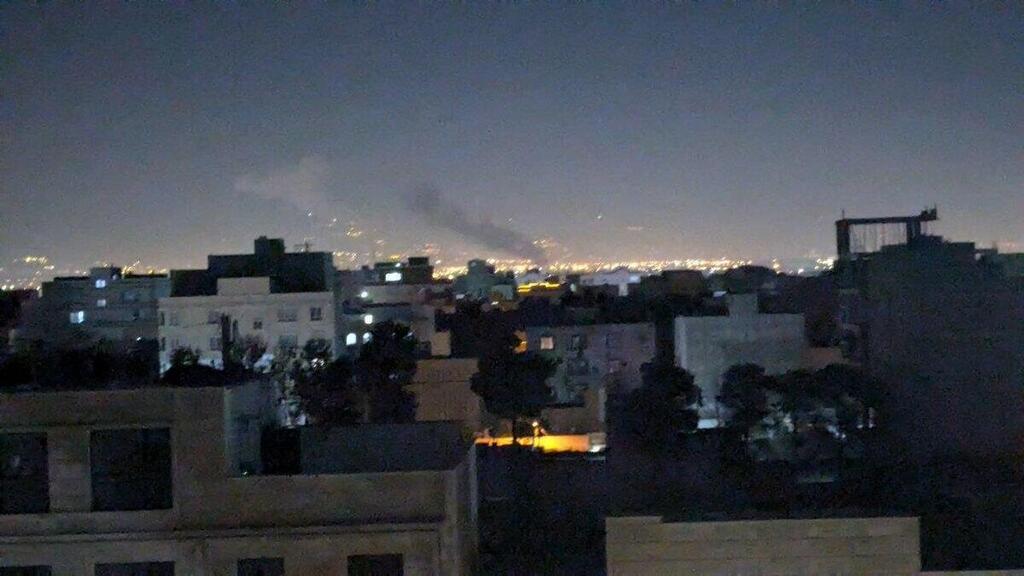Getting your Trinity Audio player ready...
The IDF reported Saturday morning it completed "targeted and precise strikes" on multiple military sites across Iran, confirming that all aircraft "returned safely."
The strikes were in response to Iran's attacks against Israel in recent months, with a military statement noting that the military has "concluded the Israeli response to Iran's attack against Israel" and "fulfilled its mission"
IDF spokesperson Daniel Hagari announces the conclusion of Israel's retaliatory strike on Iran
(Video: IDF Spokesperson's Unit)
IDF Spokesperson Daniel Hagari underscored Israel’s readiness to defend itself, cautioning Iran against further escalation: “If the regime in Iran were to make the mistake of beginning a new round of escalation, we'd be obligated to respond. Our message is clear. All those who threaten the State of Israel and seek to drag the region into wider escalation will pay a heavy price." Hagari added there were no new guidelines for Israeli civilians.
The IDF confirmed targeting missile production facilities, anti-air missile systems and other Iranian aerial assets, which were reportedly used in Iran's recent attacks against Israel and posed a direct threat to Israel’s freedom of operation in the region. The military added it retains a range of offensive capabilities and would continue to act in defense if Iranian attacks persisted. Iranian news agency Tasnim reported that Iran promised a proportional response.
Earlier the military announced the attack on Iran had begun. "The regime in Iran and its proxies in the region have been relentlessly attacking Israel since October 7 – on seven fronts – including direct attacks from Iranian soil. Like every other sovereign country in the world, the State of Israel has the right and the duty to respond," the military said in a statement. "Our defensive and offensive capabilities are fully mobilized. We will do whatever necessary to defend the State of Israel and the people of Israel.
IDF spokesperson Daniel Hagari's statement regarding Israel's retaliatory strike on Iran
(Video: IDF Spokesperson's Unit)
The operation is Israel’s first officially acknowledged attack within Iran, though similar strikes have previously been attributed to Israel such as an attack on an air defense system radar around the Natanz nuclear site following Iran's first attack in April.
According to reports, hundreds of Israeli aircraft participated in the attack early Saturday, directed from the IDF Air Force command center in Tel Aviv. Iranian sources and NBC News indicated the strikes targeted key military installations in southern and southwestern Iran, including ballistic missile storage sites.
Arab officials told NBC that arms depots were among the targets, while an unnamed Israeli official clarified that the strike focused on sites that had previously threatened Israel and could do so again, excluding any nuclear facilities.
Israeli strikes on Iran
Israel's Security Cabinet approved the airstrikes, with the White House notified shortly before the strikes on Iran began, Fox News reported. Earlier, Axios reported that Israel launched the operation in retaliation for Iran’s massive ballistic missile attack on October 1, citing two sources familiar with the decision.
Iranian media reported several loud explosions in Tehran and nearby Karaj, with no immediate comment from officials on the cause. Witnesses in Tehran described intense blasts, with one resident, who asked to remain anonymous, saying, "It was so loud, and the sky became red."
5 View gallery


Prime Minister Netanyahu, Defense Minister Gallant and military chiefs during Israel's strike on Iran
(Photo: GPO)
The New York Times reported that explosions in Iran were concentrated near Tehran’s international airport, driving residents into the streets. Reports also indicated explosions in Isfahan, Mashhad and Kurdistan Province, causing widespread panic.
Iraqi outlet Sabareen News, affiliated with the pro-Iranian militias in Iraq, downplayed the impact, stating that the Israeli attack was limited, with all hostile aerial targets intercepted and no reported damage.
White House National Security Council spokesperson Sean Savett said the strikes appeared to be targeted at military installations as a self-defense measure in response to Iran’s October 1 ballistic missile attack on Israel. The White House added that President Joe Biden and Vice President Kamala Harris had been briefed on the developments.
U.S. Defense Secretary Lloyd Austin spoke with Defense Minister Yoav Gallant, according to a U.S. defense official who requested anonymity. Details on the call, including its content, duration and timing, were not immediately provided.
Explosions in Iran
Israel has reportedly been planning a response to Iran's October 1 ballistic missile attack—the second direct assault on Israel from Tehran within six months. Iranian authorities have issued warnings, stating that any Israeli strike on Iranian territory would prompt a stronger counter-response.
Meanwhile, explosions were reported in the Damascus countryside and central Syria, according to Syrian state television. The UK-based Syrian Observatory for Human Rights, an opposition-affiliated war monitor, reported Israeli aircraft over Damascus and Homs, targeting Syrian air defense systems.
Get the Ynetnews app on your smartphone:
First published: 02:38, 10.26.24









